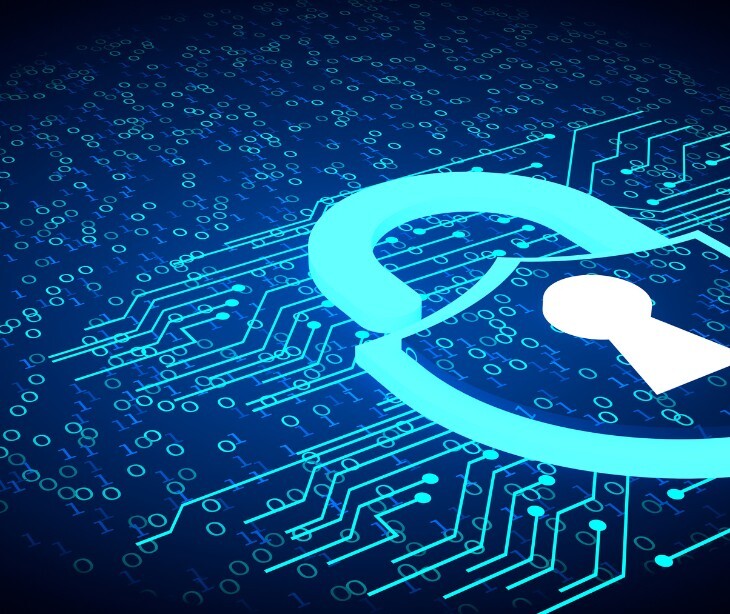2 min read
Weiser Memorial Hospital breach exposes data of nearly 60,000 patients
Lusanda Molefe May 23, 2025 5:37:30 AM

Weiser Memorial Hospital (WMH), a community healthcare provider in Weiser, Idaho, has announced a significant data breach that compromised the personal and protected health information (PHI) of 59,990 individuals. The incident, involving unauthorized network access and data exfiltration, has reportedly been linked to the "EMBARGO" ransomware group.
What happened
On September 4, 2024, Weiser Memorial Hospital detected unusual activity within its computer network. According to the hospital's statements and notifications, immediate steps were taken to secure its systems, and third-party cybersecurity experts were engaged to investigate the incident. The investigation confirmed that an unauthorized third party accessed the hospital’s network and exfiltrated certain files containing sensitive patient data on or around September 4, 2024. WMH then undertook a comprehensive and lengthy review of the potentially affected files to identify the individuals whose information may have been involved and to gather necessary contact information. This review process concluded on April 21, 2025.
What's new
Weiser Memorial Hospital has confirmed that 59,990 current and former patients were affected. The compromised information varies by individual but may include:
- Full names
- Dates of birth
- Social Security numbers
- Other government ID numbers (e.g., driver's license)
- Addresses
- Medical diagnoses
- Treatment and procedure information
- Medicare/Medicaid numbers
- Health insurance information
WMH is offering affected individuals complimentary single-bureau credit monitoring, credit report, and credit score services through Cyberscout, a TransUnion company. A dedicated toll-free call center (1-833-799-3704) has been established to answer questions. Notification of the breach has been made to relevant authorities, including the Maine Attorney General, as 14 Maine residents were impacted.
The intrigue
Cybersecurity investigations and reports have linked this data breach to the "EMBARGO" ransomware group. The group reportedly claimed responsibility for the attack, stating they exfiltrated approximately 200 GB of data and threatened to publish it on the dark web if their demands were not met. This "double extortion" tactic – encrypting data for ransom while also stealing it to pressure payment – is a common and severe threat targeting healthcare organizations.
Why it matters
The breach is concerning due to the large volume of sensitive PHI and PII involved, including Social Security numbers and detailed medical histories. The exfiltration of data by a known ransomware group elevates the risk of identity theft, financial fraud, insurance fraud, and targeted phishing attacks for the 34,249 affected individuals. The incident shows the persistent vulnerabilities healthcare providers face from sophisticated cybercriminal organizations.
What they're saying
In its public notice, Weiser Memorial Hospital stated, "The privacy and protection of personal and protected health information is a top priority for WMH. WMH deeply regrets any inconvenience or concern this incident may cause." The hospital outlined steps taken to secure its systems and enhance network security to prevent future incidents.
Multiple law firms, including Potter Handy LLP and Wilshire Law Firm, have announced investigations into the breach. Potter Handy LLP stated they are "reviewing cases on behalf of individuals affected" and noted the breach was "linked to a ransomware attack carried out by a group known as EMBARGO." These firms are exploring potential legal remedies for affected individuals, including class action lawsuits.
Looking ahead
Affected individuals are strongly urged to take advantage of the complimentary credit monitoring services and remain vigilant by reviewing their financial statements, credit reports, and Explanation of Benefits (EOBs) for any suspicious activity.
FAQs
What is a "double extortion" ransomware attack?
This is a tactic where cybercriminals first exfiltrate (steal) a victim's sensitive data and then encrypt the victim's files. They then demand a ransom payment not only to provide the decryption key but also to prevent the public release or sale of the stolen data.
What is unauthorized network access?
Unauthorized network access refers to an individual or entity gaining entry to a computer network, its systems, or data without permission or proper authorization. In the context of a data breach, this often means cybercriminals have bypassed security measures to intrude into an organization's internal network where sensitive information is stored.
What is data exfiltration?
Data exfiltration is the unauthorized copying, transfer, or retrieval of data from a computer or network. In incidents like the Weiser Memorial Hospital breach, it means that after gaining unauthorized access, the attackers stole copies of patient files, moving them from the hospital's secure environment to a location under their control.



%20-%202024-10-08T203024.849.jpg)
